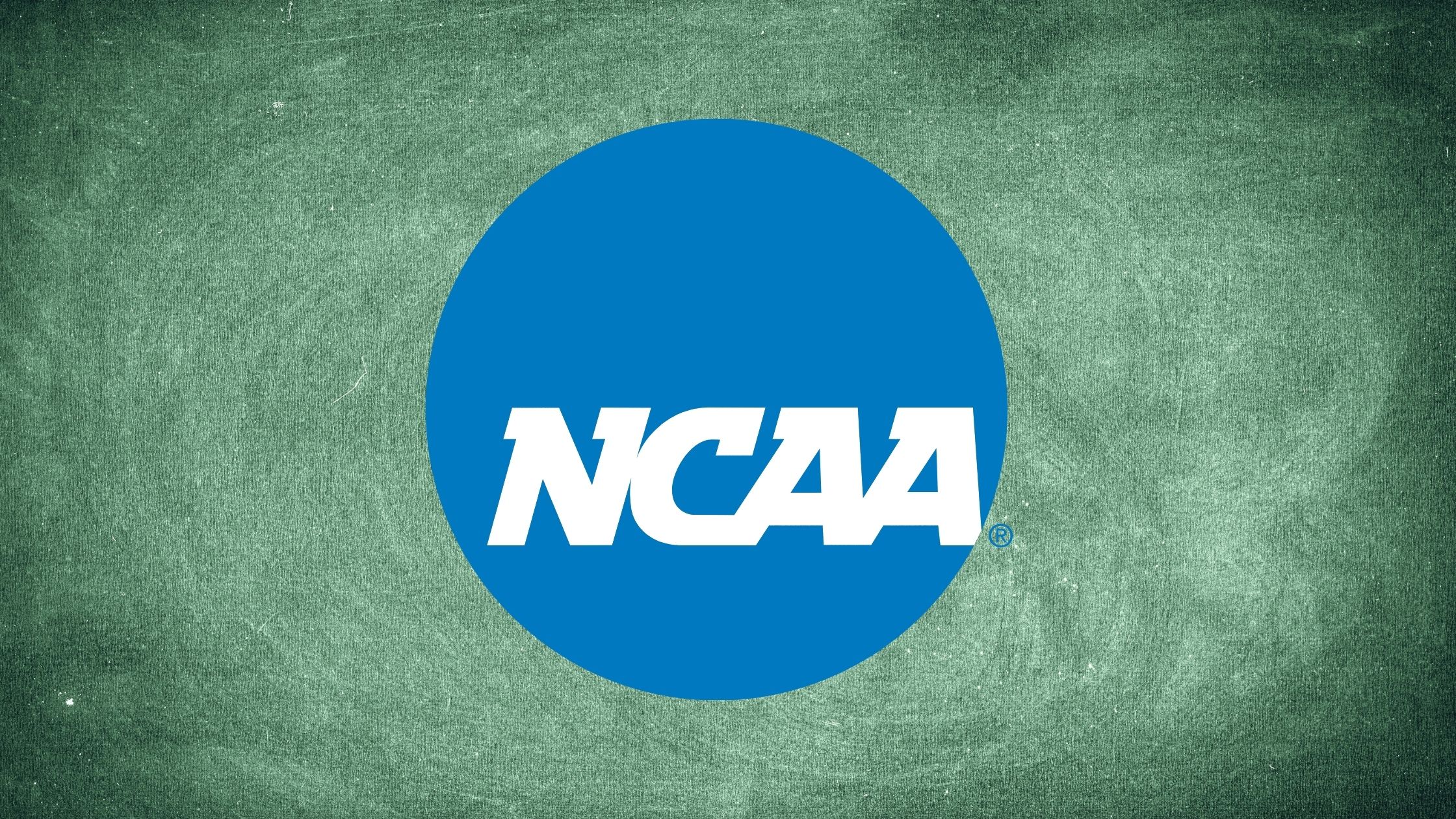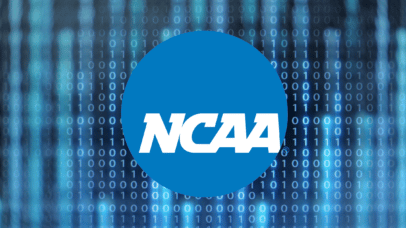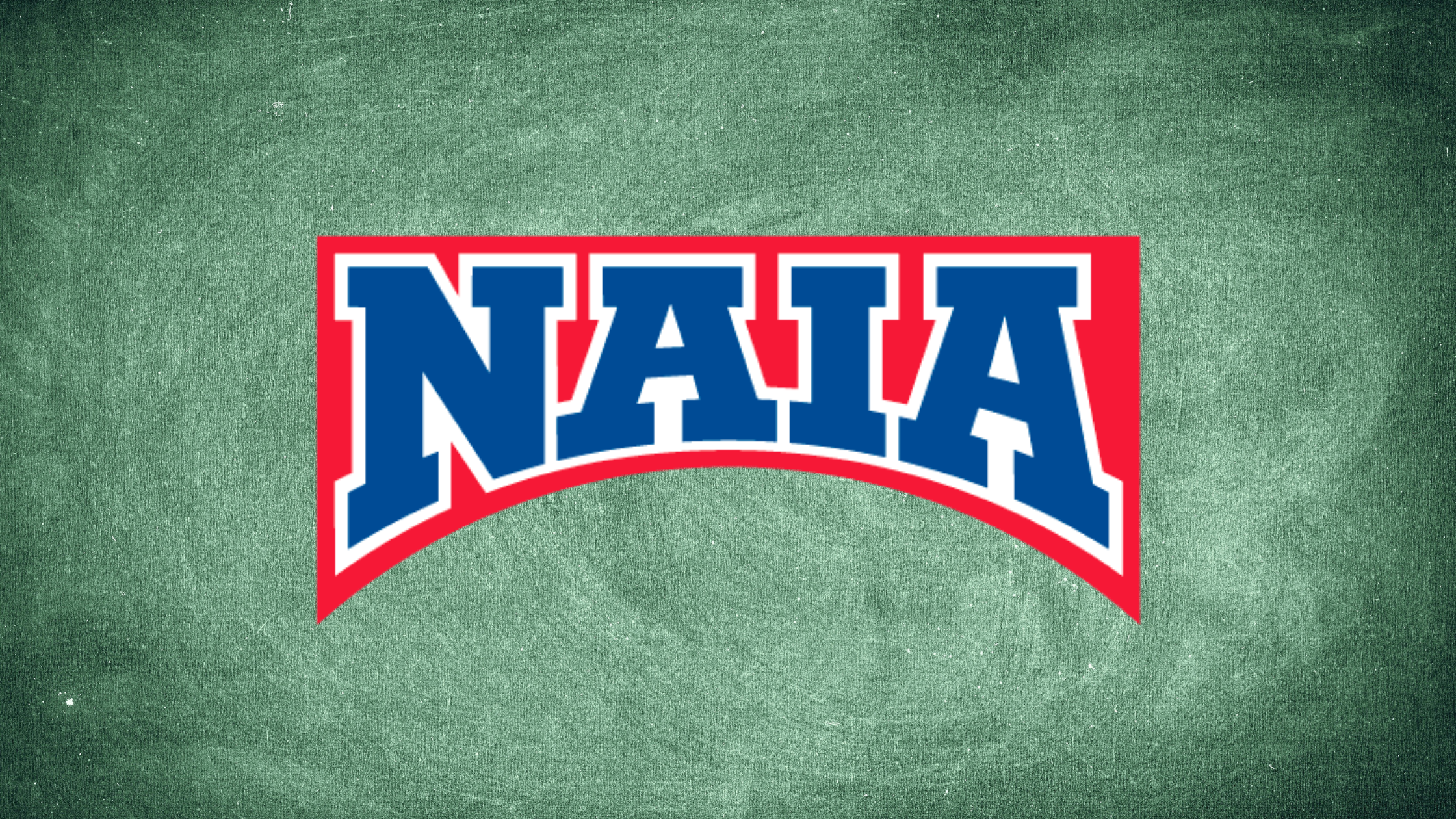The Next Big Thing in NCAA Rules – Multidivisional Schools
Updated on Aug 8, 2023

The National Collegiate Athletic Association (NCAA) Division III membership recently voted to allow all multidivisional institutions to apply Division I rules to their Division I programs. So what does this mean for student-athletes hoping to play college sports?
Let’s start at the beginning…
What Are Multidivisional Schools?
The NCAA is divided into three divisions: Division I (DI), Division II (DII) and Division III (DIII). A school is classified as “multidivisional” when they bridge the division levels and compete in a single sport at a higher division level (i.e. DI), even though their membership rests in another division (i.e. DIII).
If granted approval by the NCAA, multidivisional schools are allowed to classify one men’s sport and one women’s sport – excluding football and basketball. Multidivisional schools often sponsor the following sports (but are not limited to): men’s and women’s ice hockey, wrestling, men’s and women’s lacrosse or crew, men’s gymnastics, bowling, beach volleyball and skiing.
John Hopkins University is a great example of a successful multidivisional school, having both the men’s and women’s lacrosse programs consistently ranked high in the NCAA DI polls, with several of their student-athletes selected as NCAA All-Americans.
What does the NCAA Multidivisional Vote Mean for Me?
If you are planning to attend a multidivisional school the new rule change could drastically affect your opportunities to play college sports.
As part of the ruling, NCAA DIII colleges and universities now allow DIII schools to offer their student-athletes playing at the DI level athletic scholarships – making it possible for those enrolling in college in Fall 2022 to receive funds. However, some problems can arise if student-athletes are not academically eligible at the DI level.
Start tracking your Academic Eligibility Now!
While playing at the DIII level does not require students to meet any NCAA initial athletic eligibility rules, playing at a multidivisional school in a sport categorized at the DI level now requires students to meet ALL DI initial eligibility rules in order to compete, regardless of whether you are receiving a scholarship.
In Academic Eligibility 101, we explain that in order for students to be able to compete at the DI level, they need to meet the following requirements: complete 16 core courses, meet the minimum 2.3 NCAA Core GPA, and achieve the qualifying standardized test score for Fall 2024 entry and beyond. Read more about what qualifies as an NCAA-approved core course and how to ensure you are meeting the requirements.
Students who felt they were on a DIII path may not have paid attention to course selection in high school because DIII requirements were simply to be accepted into the college. Now, just being accepted and admitted as a student will not be enough to play a sport there and receive an athletic scholarship. Ideally students should begin tracking their path for DI academic eligibility starting in 9th grade because the clock starts ticking day one freshman year. Learn more about course selection and how it applies to NCAA eligibility in the “Top Things to Consider During High School Course Selection” blog.
NCAA DI rules are very rigid and choosing the wrong courses (or not knowing if your courses are NCAA-approved core courses) early in your high school career could prevent you from accepting a college scholarship, competing or even practicing in the future.
Registration with the NCAA Eligibility Center is Required
While students don’t need to register with the NCAA Eligibility Center to play at a DIII school, those who will be attending a multidivisional school for a DI sport MUST create and pay for an NCAA Certification Account. For students who made a free NCAA Undecided account, you should change it to a paid certification account as soon as possible. This must happen so a college coach can put you on their Institutional Request List (IRL) and continue the recruiting process. You can not sign a National Letter of Intent (NLI) or take an official visit without an NCAA ID from your NCAA Certification Account.
Show Me the Money!
Historically, only DI and DII schools are allowed to offer athletic scholarships. Now student-athletes at multidivisional schools are eligible to earn an athletic scholarship – ranging from full tuition, room and board, and books, to a partial scholarship in a dollar amount or percentage of your total bill.
Remember: Students must meet full qualifier status at the NCAA DI level to receive an athletic scholarship from a multidivisional school.
It is important to share your eligibility with college coaches as early as possible. Check your Honest Game CARE® Plan today to see if you’re on track to be academically eligible to compete and receive an athletic scholarship at the DI level. Knowing your DI qualifier status will open many more doors in the recruiting world and will give college coaches the information they need to feel comfortable offering you a scholarship and a roster spot.
It is equally important to know that you can create a more robust financial package by “stacking” your athletic scholarship with additional aid you may also receive from the school. Read Honest Game’s FAFSA FAQ blog to discover why filling out FAFSA forms is a crucial step in the process.
Don’t Leave Any Stones Unturned
While your college search may have started by categorizing your schools based on division level (DI, DII, DIII), the change in NCAA rule has proven that student-athletes and their families have a lot to keep track of as the college search process unfolds.
Still looking at traditional DIII programs? Learn more about why more than 195,000 student-athletes choose to compete at the DIII level in the blog, “Is DIII for Me?”.
When looking at options it is important to cast a wide net for the possibilities to play collegiate sports. Students who thought the NCAA rules (or perks like athletic scholarships) did not apply to their circumstances, just got a quick lesson in how quickly the rules can change; and possibly make or break your future.
Have more questions about you or your student-athletes’ academic eligibility? Honest Game Counselors are available to provide one-on-one assistance to support student-athletes in navigating post-secondary opportunities athletically and academically. Schedule a time to meet virtually with our experts.

As a former Senior Associate Athletic Director at the NCAA Division I level and with more than 20 years of experience in collegiate athletics, Courtney has advised thousands of student-athletes through the college recruiting and eligibility process for college sports. Interested in virtual counseling with Courtney? Sign up here.



